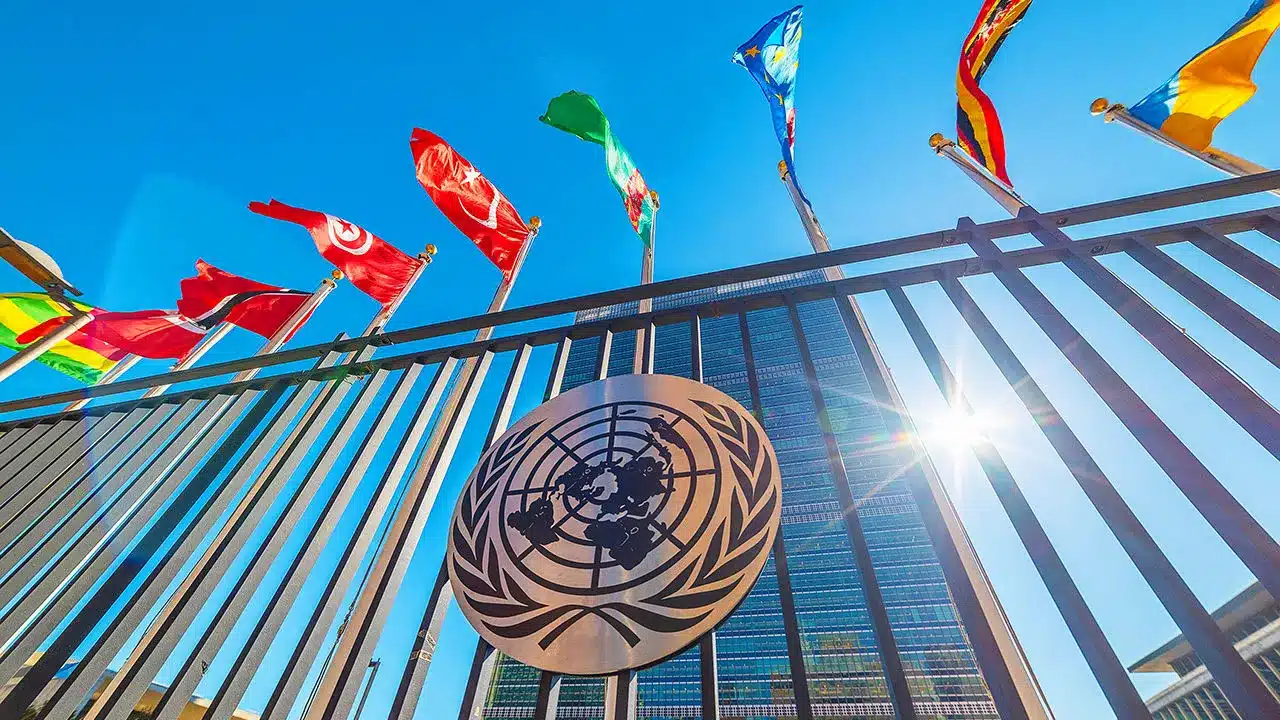United Nations Reports Severe Cash Shortfall

A significant cash shortfall is compelling the United Nations to implement spending cuts and hiring freezes, which threaten its ability to fulfill mandated programs and could damage its reputation. During a recent session of the Fifth Committee (Administrative and Budgetary), delegates discussed potential solutions to this liquidity crisis. One of the key proposals includes revising the existing rule that mandates the return of unspent funds to member states at the end of the year, suggesting a mechanism to defer these returns as a protective measure against operational paralysis.
Proposed Mechanism for Unspent Funds
Delegates are advocating for a conditional, time-limited mechanism that would allow the UN Secretariat to defer the return of unspent funds when program implementation rates fall below 90 percent. This proposal aims to provide the organization with a buffer to avoid operational paralysis at the beginning of the year, particularly when contributions from member states are often delayed. Switzerland’s representative, speaking on behalf of Liechtenstein, emphasized that the issue extends beyond budgetary concerns, highlighting its implications for the UN’s credibility. The proposed mechanism is intended to ensure that the organization can effectively utilize the funds it receives, rather than losing opportunities to implement planned activities due to late payments.
In addition to this mechanism, there is support for the exceptional use of special commitments—extra-budgetary authorizations for urgent activities not included in the regular budget. This would enable the Secretariat to maintain operational momentum during the first quarter of the year, preventing the premature return of necessary resources. The United Kingdom underscored the importance of harmonizing practices for credit returns and clarifying criteria for special commitments to mitigate the impact of late contributions.
Financial Discipline and Member States’ Responsibilities
Financial discipline among member states is crucial for maintaining the UN’s credibility and operational effectiveness. Kazakhstan’s delegate highlighted that financial responsibility is not merely an accounting issue but a matter of solidarity and the collective ability to implement mandates. Norway echoed this sentiment, proposing measures to enhance the Secretariat’s flexibility while acknowledging that the underlying cause of the liquidity crisis remains the inconsistent payment of dues by member states. The call for timely and full payments is essential for the UN to fulfill its mission effectively.
The Russian Federation’s representative stressed that any discussions regarding additional budgetary instruments must not overshadow the fundamental responsibility of all member states to meet their financial obligations. Transparency in cash-saving measures is vital, as unilateral actions could undermine the functioning of key intergovernmental bodies. The call for leadership from financially capable states is critical to ensure that the burden of unpaid assessments does not disproportionately fall on those who consistently meet their obligations.
Concerns Over Outstanding Assessments
The European Union raised alarms regarding the $2.4 billion in unpaid regular budget assessments as of April 30, a significant increase from the previous year. This shortfall poses real operational risks and delays in fulfilling mandates, particularly affecting peacekeeping operations. The EU emphasized that additional measures to address late or non-payments should not impose greater burdens on member states that consistently fulfill their financial commitments. The bloc pledged to support the UN by advancing payments and volunteering for upgraded assessment categories for peacekeeping operations, while stressing that the solution lies in universal compliance with financial obligations.
Singapore’s representative, speaking for ASEAN, expressed concern that the UN’s ongoing liquidity issues have become an accepted norm, noting that the organization is currently operating at only 83 percent of its approved budget. This situation has led to an extended hiring freeze and affected mandate delivery across various departments. The Economic and Social Commission for Asia and the Pacific has implemented strict liquidity measures, including the closure of its secretariat building and restrictions on staff travel and hiring.
Recent Payments and Updates from UN Management
Catherine Pollard, Under Secretary-General for Management Strategy, Policy and Compliance, provided updates on member states’ payments since the last briefing on May 9. She reported that Djibouti and Mali have fully paid their regular budget contributions, increasing the total number of member states that have done so to 106. For peacekeeping operations, Djibouti and Egypt have also settled their dues, bringing the total to 67. In the category of international tribunals, Denmark, Djibouti, and Mali have made full payments, raising the total to 84. Overall, Djibouti and Denmark have fully paid across all categories, with 61 member states achieving this status. Additional payments have been received from Guatemala, Lebanon, Mali, and Panama for peacekeeping operations, as well as from Lebanon for the international tribunals.
Observer Voice is the one stop site for National, International news, Sports, Editor’s Choice, Art/culture contents, Quotes and much more. We also cover historical contents. Historical contents includes World History, Indian History, and what happened today. The website also covers Entertainment across the India and World.

